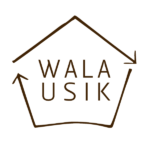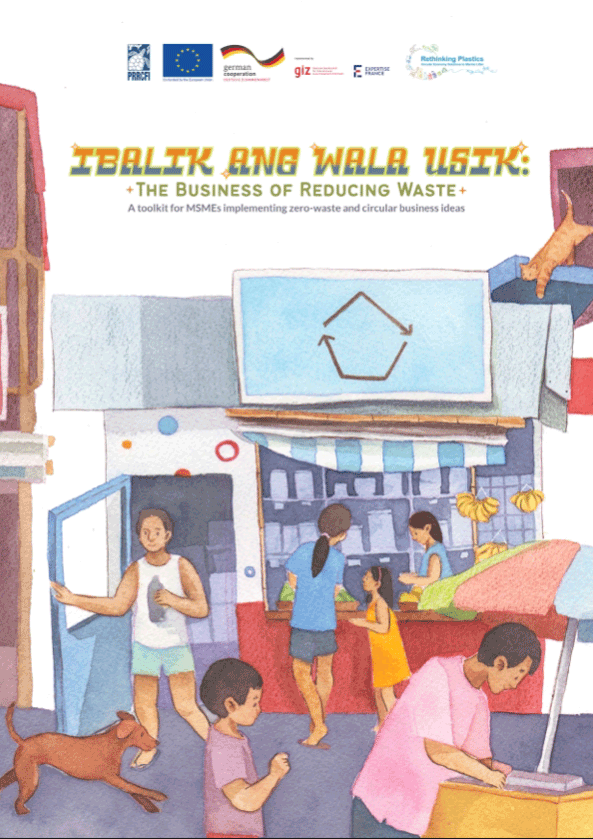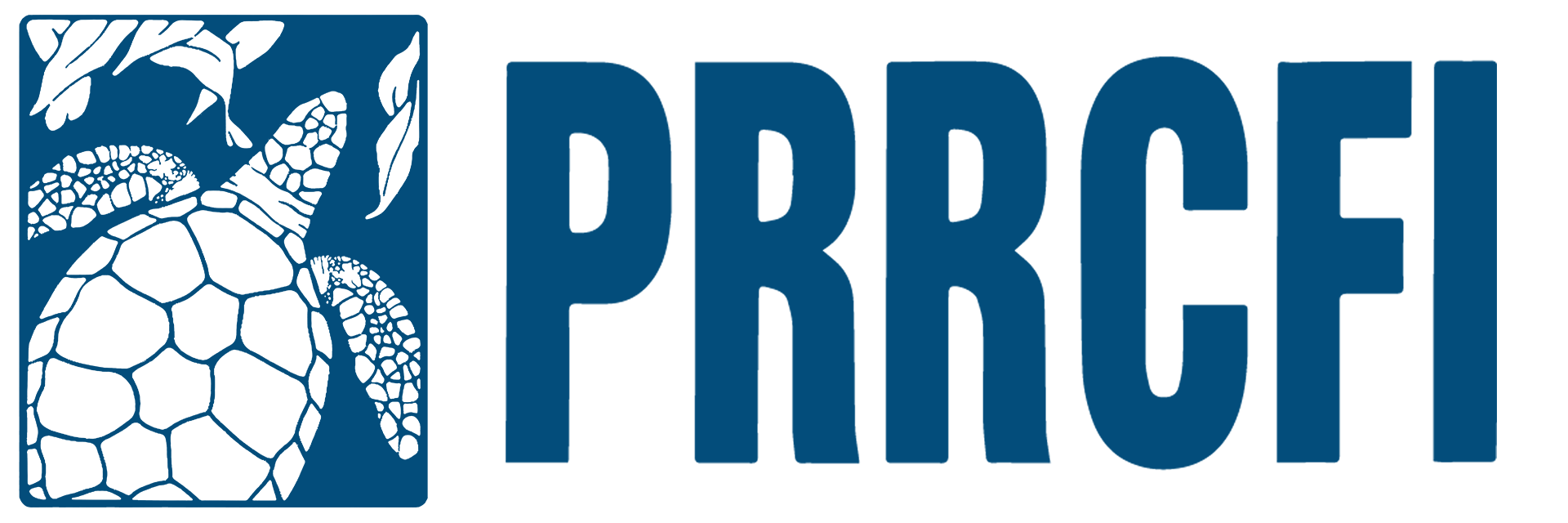Philippine Reef and Rainforest Conservation Foundation, Inc.

“
In the Philippines, audits and research on the kinds of waste being collected from our coastal ecosystems pointed to one obvious finding: A lot of the trash being collected were sachets. These linked back to the ubiquitous sari-sari stores. And around eight tons of these single-use plastics flow from mismanaged waste on land, down to our waterways and the sea. Our country was even named as one of the top three sources of ocean plastic. All this, too, while our country is also a topnotcher when it comes to bearing the brunt of climate change and the negative impacts of global environmental problems.
So, we asked the question: Can we redesign the sari-sari store to be free of single-use plastic? How can we sell consumer goods with the same “tingi-tingi” volumes available, with the same price points, but without the sachets?
We started prototyping zero-waste sari-sari stores in Negros Island with a multi-sectoral approach, and for five years including time during the pandemic, we of course met a lot of challenges. More than behavior change, we were face to face with the mammoth system of fast-moving consumer goods, designed from the top-down, with profit being masked as convenience. The consumers, even the conscious ones, feel powerless and too small to change the sari-sari store.
But we saw how it could be done. After more than 20 prototypes of zero-waste microbusiness models, encompassing sari-sari stores, and now also carinderias and cafes, we got the attention of producers, government, international development agencies, and the media.
“
Dave Albao
Quoted from the Manila Bulletin | 9 April 2022
» Read full article here

© 2022 Philippine Reef and Rainforest Conservation Foundation Inc.
Written by Dave Albao with Claudia Gancayco
Illustrations by Andie Gamboa
Design and Layout by Ruer Torculas
Since we launched prototypes of zero-waste businesses, many of you asked for references so you may be able to do the same. We heard you.
We’ve created this toolkit not because we are the experts on the matter but because we see ourselves in you back when we first started. We share the same questions, challenges, and aspirations in this journey that began in 2017 and pursued amidst the pandemic.
How might we redesign businesses like sari- sari stores, eateries and cafes to reduce waste, especially single-use plastics? How can my business thrive but not cost the Earth?
This toolkit is in no way a prescriptive manual. It is a living document of collective wisdom drawn from the experiences of the Wala Usik community in Negros, Philippines, as we continue to build the business case of waste reduction in the MSME sector. Developed through design thinking, multi-sectoral consultations, pilot testing, community forums and exchanges, this document is a gathering of information and insights that may aid us in our transition to a circular economy.
We won’t pretend to have all the solutions and answers, but we’ve started a joint effort to develop this toolkit’s technical implementing framework that may guide MSMEs in designing zero-waste and circular business models. With this toolkit, we hope you will find more ideas to explore, challenges to overcome, case studies to be inspired by, and partners to tap. Let us innovate together by building on ideas that resonate and make sense the most to our community.
We also invite you to contribute and add to this collective wisdom by participating in the Wala Usik Community Facebook page. This current edition is in English but we hope to translate in local languages, so that we may reach more grassroots entrepreneurs who understand the need for business to be ecologically sustainable.
The problems we face today are constantly evolving, and so must our ideas and solutions. Thank you for being a part of this ongoing journey towards building a circular economy.
This publication was produced with support of the ‘Rethinking Plastics – Circular Economy Solutions to Marine Litter’ project. ‘Rethinking Plastics’ is funded by the European Union and the German Federal Ministry for Economic Cooperation and Development (BMZ) and implemented by GIZ and Expertise France. The contents of this publication are the sole responsibility of the Philippine Reef and Rainforest Conservation Foundation, and do not necessarily reflect the views of the European Union, the BMZ, GIZ or Expertise France.


